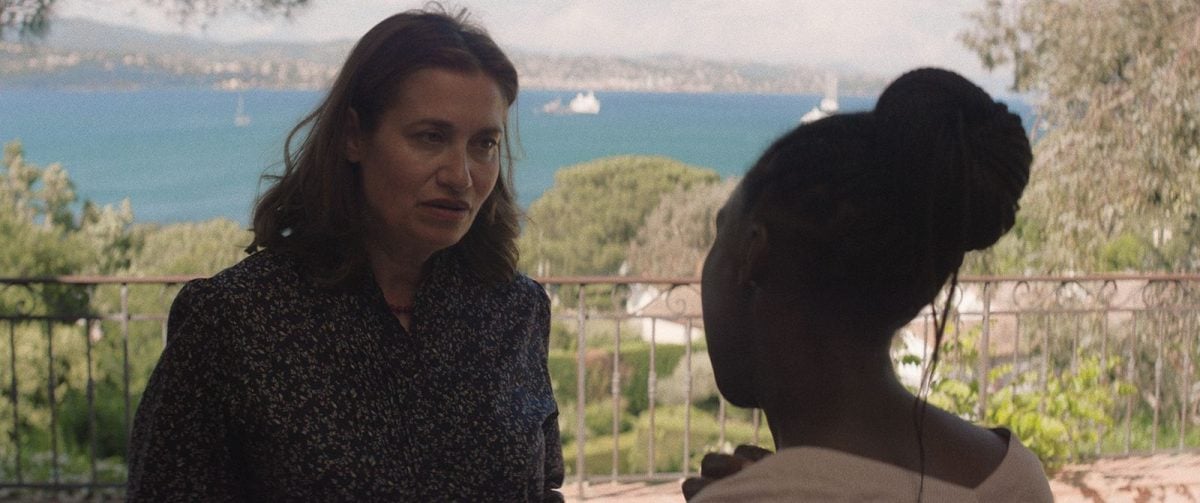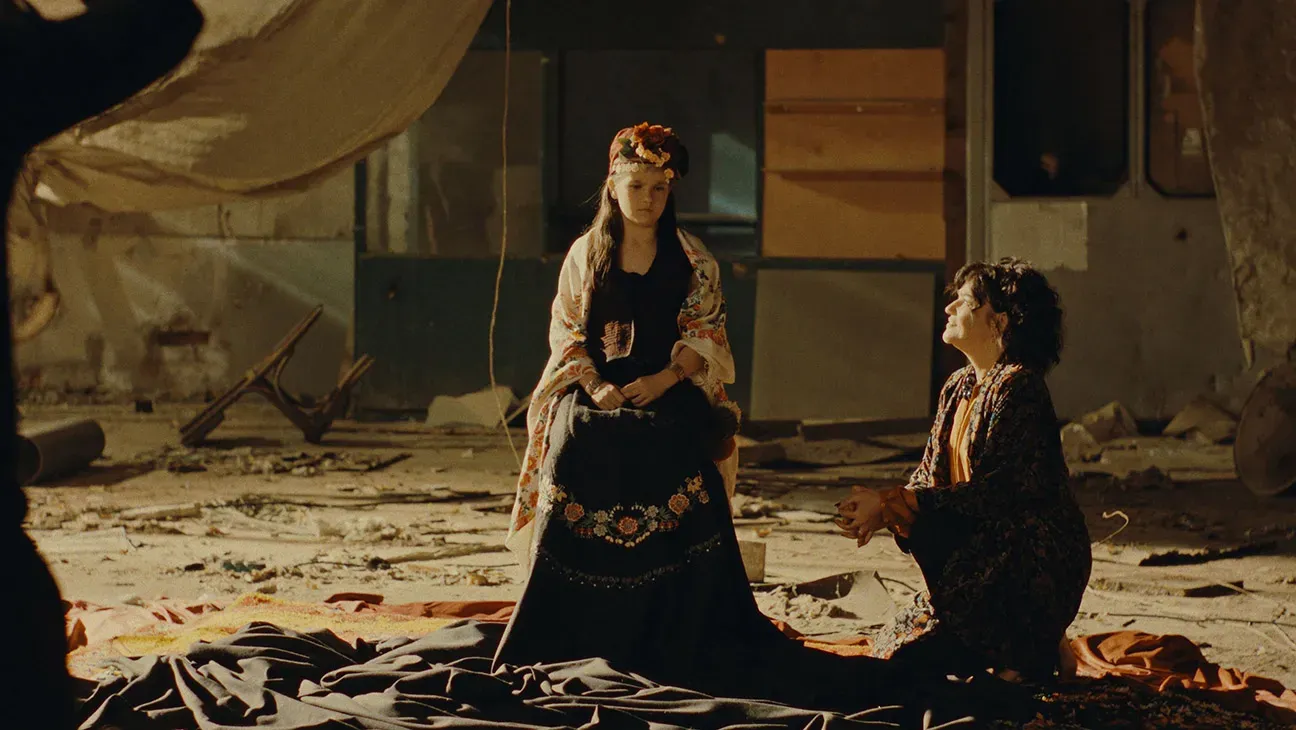
Breaking Boundaries: Joachim Lafosse's ‘Six Days In Spring’
- Sep 25, 2025
Belgian director, Joachim Lafosse's latest film, 'Six Days in Spring', takes its inspiration from a moment in his own childhood where he, his sibling, and mother covertly stayed in his paternal grandparents' luxurious second home. This intimate connection possibly elucidates the film's underlying sentiments of warmth and tranquility. Unlike his other, more intense family-crisis narratives, this film takes a more subdued approach, almost comedic in comparison.
The movie may falter in its effort to retain a lighter tone while deploying an elliptical storytelling method, resulting in audiences struggling to find reasons to engage with the characters' situations. But the sympathetic cast, led by Eye Haïdara portraying Sana, a recently single mother striving to provide her adolescent twins, Raph and Tom (Leonis Pinero Müller and Teodor Pinero Müller) a normal family holiday, offers an empathetic spot.
However, Sana's choice to unauthorizedly utilize a space that isn't legally hers gradually dwindles the trust between her and her boys, which further complicates when her secret lover, Jules (Jules Waring), their ex-football coach, accompanies them.
Initially shown as a hard worker, juggling two jobs, Sana's effort to provide a normal life for her kids is visible from the outset. Yet, her strong will to continue through poverty, without accepting charity, leads her to break the laws. Though starting as a harmless break-in into a deserted home, issues crop up when they are recognized by a local, leading them to live in constant fear of discovery.

The invasion into their private life takes a toll on the family's bond. Their strained relationship reaches a climax when they're discovered in a neighbor's pool by a caretaker (Damien Bonnard), and Sana is forced to decide whether to buy his silence.
Cinematographer Jean-Francois Hensgens uses close-ups focusing on the characters, creating a sense of isolation amid the grand vistas. The posh enclave, a symbol of privilege, reflects class differences and social inequality, becoming a significant backdrop of the narrative.
Though we never meet the ex-husband or parental in-laws of color like Sana and her boys, their absence does not go unnoticed. The class differences become glaring, especially among the working-class people who service the wealthy year-round.
Lafosse doesn't shy away from the class tensions but also draws emphatically on the adverse effects of secrets and lies on family bonds. The drama culminates in the belief that truth, albeit painful, can bring ultimate joy. As put succinctly, 'sunlight truly is the best disinfectant' speaks volumes about clear communication and honesty.







